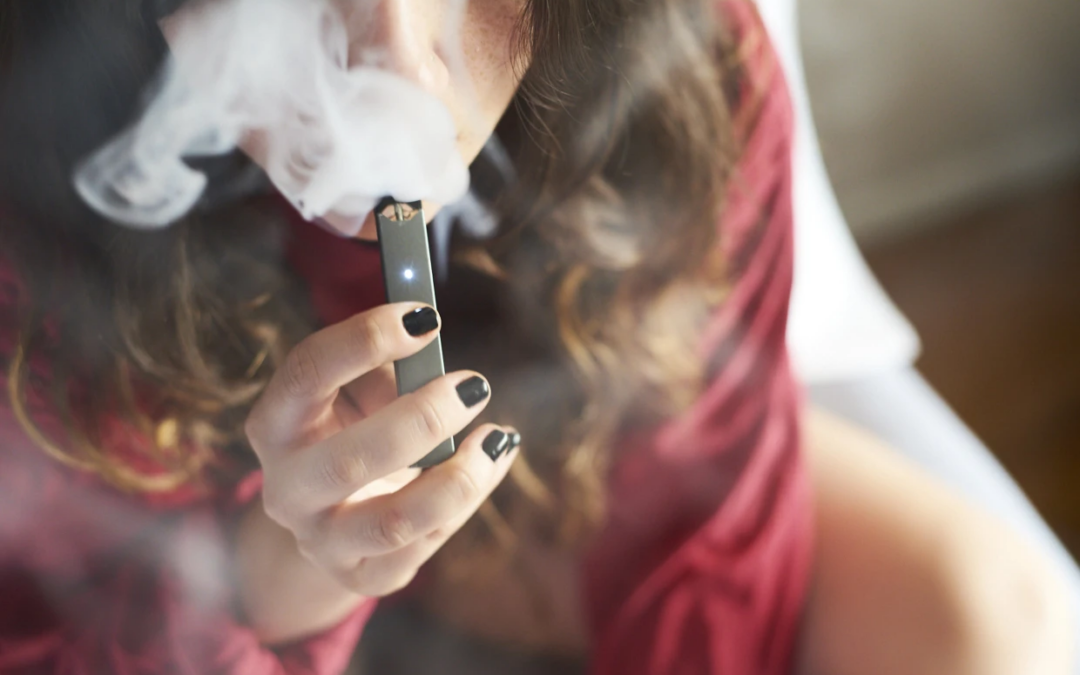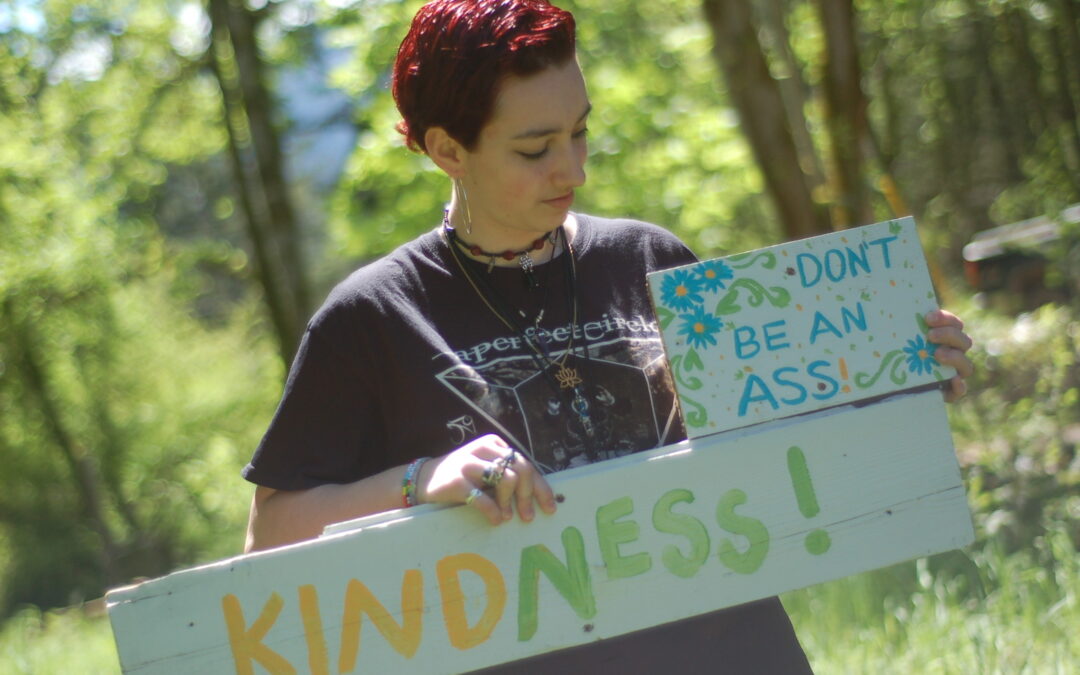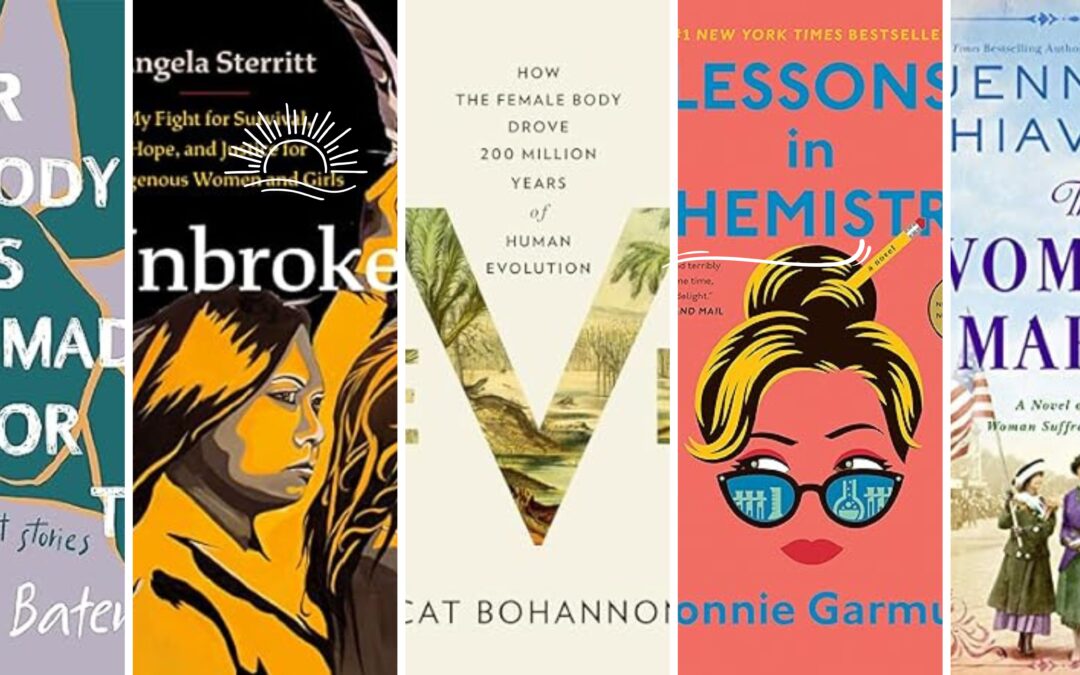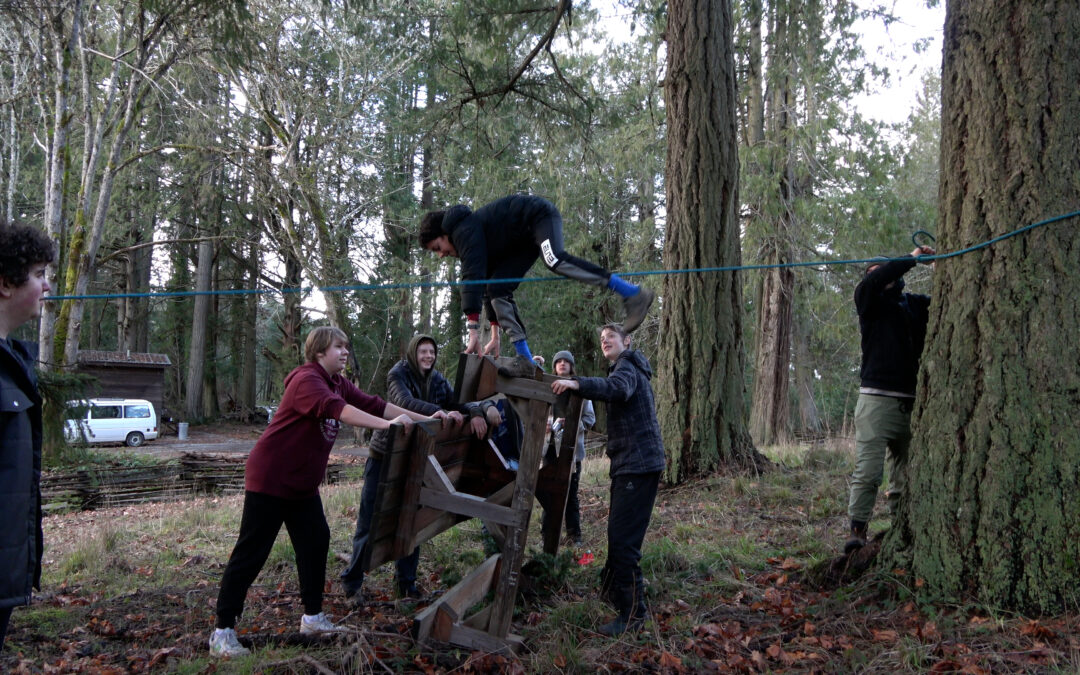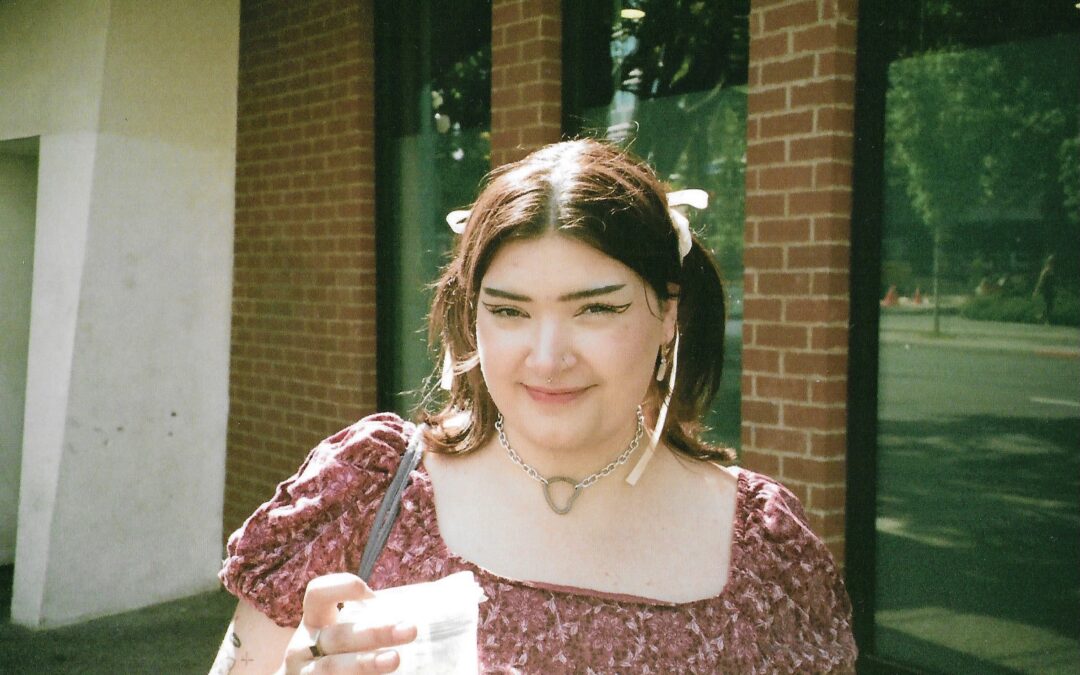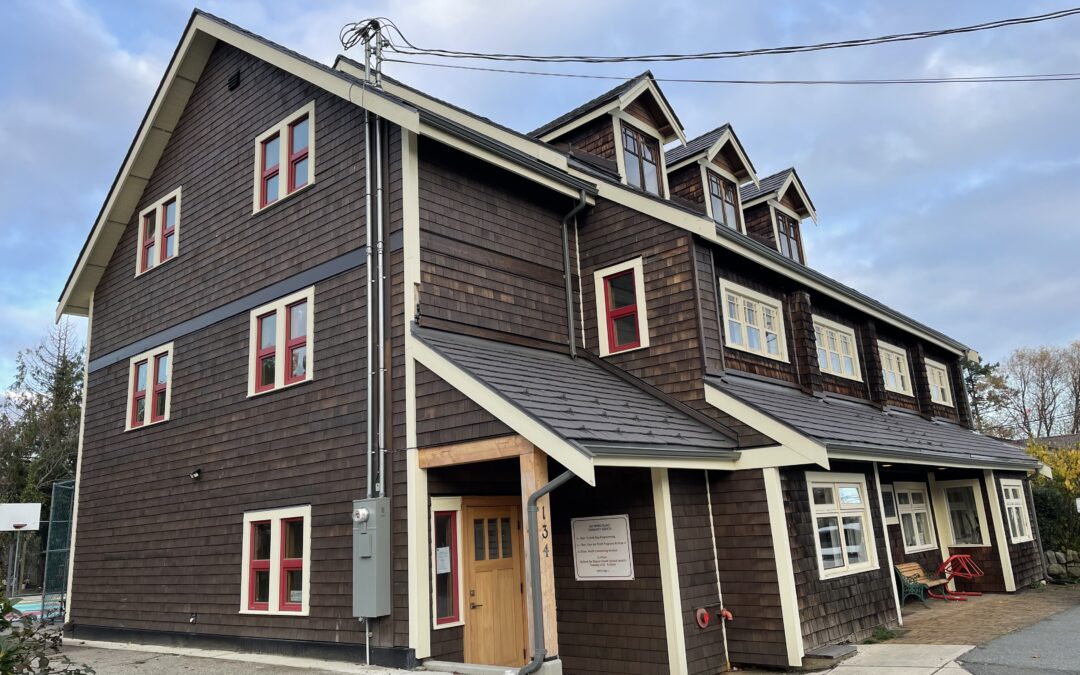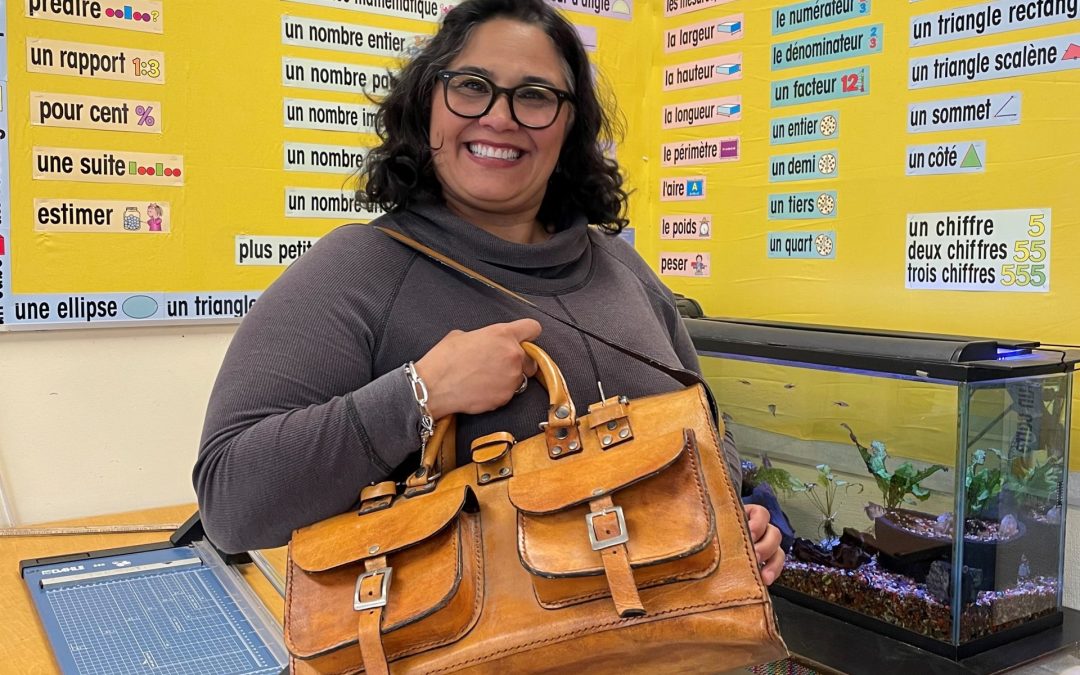We’re pretty proud of SWOVA’s R+R program and it turns out that we have reason to be. Recently a review of the evaluation results for our program by Buote and Berglund, was published in the international Journal of Education, Citizenship and Social Justice. The article points out how the program is helping promote healthy relationships, including the development of civic mindedness, social consciousness, and related social competence skills among students.
Most interestingly, the article speaks to the program changing the culture of a school. That’s one of the things about the program that we’re most proud of. This is not just one-off learning, but learning that gets at the heart of real change. R+R’s ongoing four-year curriculum builds on the program’s foundational concepts each year, and has more of an impact on school culture than a single presentation or a one-year program.
What’s culture got to do with it? We think it’s *the* thing. While giving youth the skills to develop confidence, communication, and leadership is great, the real goal has to be to create an environment that nurtures youth. According to the McCreary Centre Society, in their Picture of Health study, too many youth in BC do not feel safe at school all the time, in fact less than half. That’s scary stuff.
The article on the evaluation of the R+R program concludes that
“Results of this evaluation reveal a need for schools to continue to place substantial efforts in the area of the promotion of healthy relationships thereby creating a future in which social justice prevails. The level of relational violence and oppression, as witnessed by the youth reports in this evaluation, is concerning. We know from extant research that children and youth who do not feel safe at schools, often experience lower academic achievement and mental health challenges, such as anxiety, self-destructive behaviour, post-traumatic symptoms, aggression, depression and suicide attempts.
The current evaluation of R+R indicates strong results for a program that focuses on key skills and attitudes that lead to development of healthy relationships which in turn promotes a social justice orientation among youth. These positive findings add to the evidence that such skills can be nurtured…and these benefits will be experienced by our society in the future, a future poised for a greater emphasis on social justice.”

